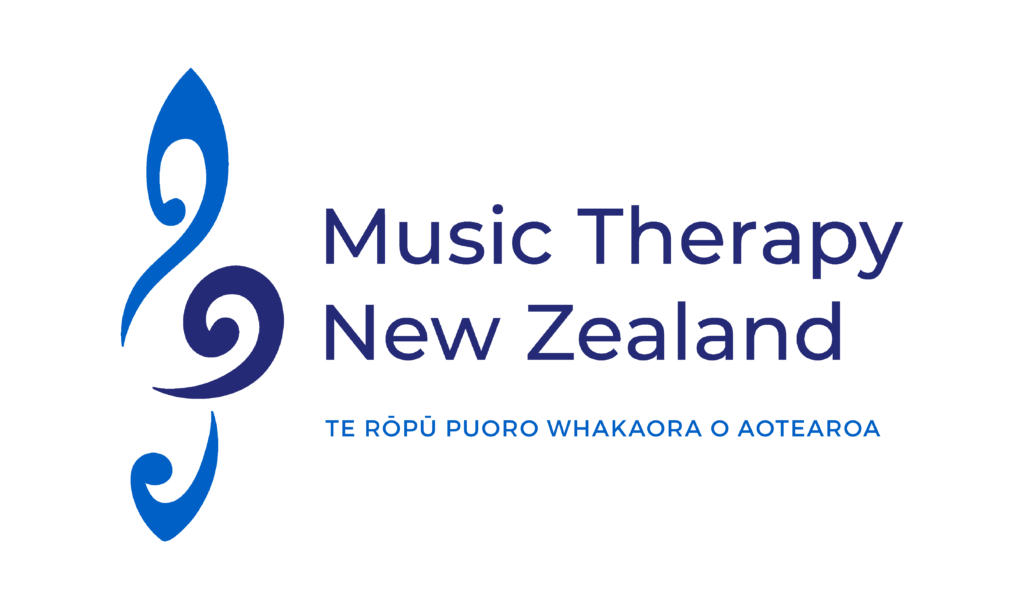Title: Working in Partnership with Maori
Post by: Heather Fletcher on August 06, 2009, 06:44:04 pm
Here are the references from the workshop with Judy & Kataraina. Copies of those available electronically are attached below.
Working together – A Māori perspective
Cram, F. (1997). Developing partnerships in research: Pakeha researchers and Māori research. Sites, 35, 44-63.
Cram, F., Phillips, H., Tipene-Matua, B., Parsons, M., & Taupo, K. (2004). A ‘Parallel process’? beginning a constructive conversation about a Mäori methodology Journal of Bioethical Inquiry 1(1).
Notes: While these are research -based articles, they start to show the issue of working together from a Māori perspective
Smith, L. T. (1999). Decolonising methodologies : research and indigenous peoples. Dunedin, N.Z.: University of Otago Press.
Chapter Two provides a wonderful example of the difference between Western and indigenous ways of knowing.
Working together – A Pākehā Perspective
Harvey, G. (2003). Guesthood as ethical decolonising research method. Numen, 50(2), 125-146.
Notes: Not an easy read, but provides good pointers on working with Māori.
Roorda, M., & Peace, R. (2008) Challenges to implementing good practice guidelines for evaluation with Māori: a Pākehā perspective. Social Policy Journal of New Zealand, 34, 73-88.
Is a good example of what goes wrong when you (as Pakeha) are in a space you should not be in. Also shows the impact on the Māori of poor implementation. In my view the evaluators should not have done this project at all.
I also include the Social Policy Evaluation and Research guidelines for best practice in research and the response from Maori as these documents identify many of the issues Maori face when working with Pakeha. While these come out of the research space, I feel they are relevant for Music Therapists as they provide insight into how to engage with others appropriately.
Knowing our past
Scott, D. (2004). Ask that Mountain. Auckland: Raupo Publishing (NZ) Ltd.
Tells the story of Parehaka, and shows why for many Māori there is a deep-seated resentment to Pākehā.
King, M., (2003). The Penguin History of New Zealand. Auckland. Penguin.
Provides examples of how Maori history has been Anglicized, and in the process the real meaning has been lost.
Consedine, R., & Consedine, J. (2001). Healing our History: The Challenge of the Treaty of Waitangi. Auckland: Penguin Books.
This book is a wonderful read and gives practical steps to take to work effectively with Maori.
